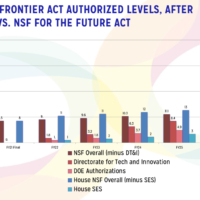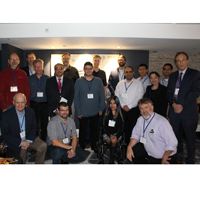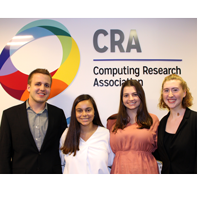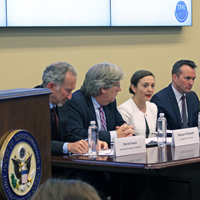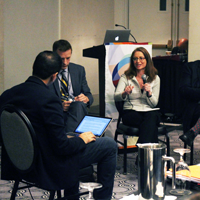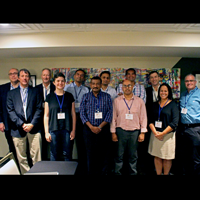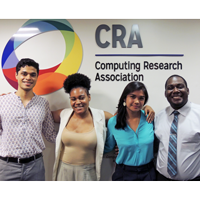House of Representatives Passes America COMPETES Act of 2022, Calling for Significant New Research Investments at the National Science Foundation and Other Federal Research Agencies
On February 4th, the House of Representatives passed the America COMPETES Act of 2022, a legislative package containing a bold reauthorization of the National Science Foundation and calling for significant new investments in the country’s research enterprise, among other provisions. While the bill passed the House on a partisan vote, it does set up a better legislative counterpart to the Senate’s NSF reauthorization bill, the US Innovation and Competitiveness Act (USICA), which passed last summer. The hope within the S&T policy community is that a final piece of legislation can be agreed to quickly by both chambers of Congress and then be sent to the President’s desk for signing into law. However, final passage is not guaranteed at the moment.


